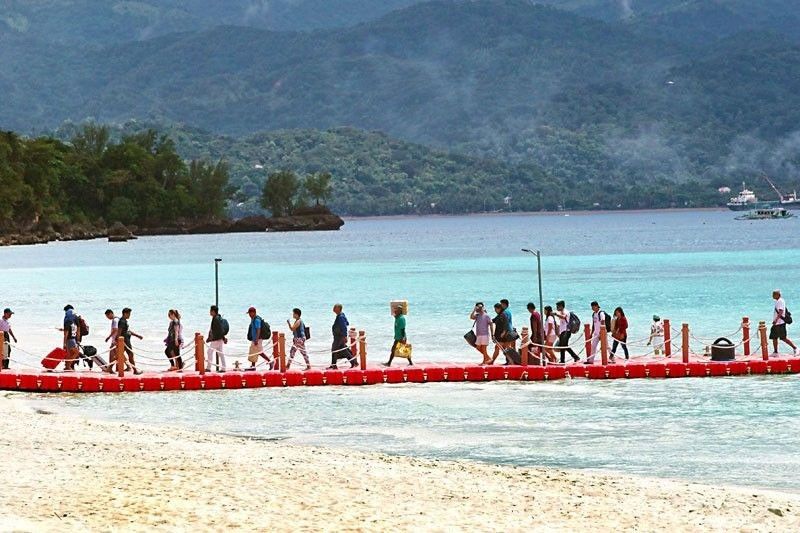DA launches greenhouse project in Boracay

MANILA, Philippines — As the rehabilitated Boracay island reopens, the Ati tribe has started the production of high value vegetables as part of the transformation of ancestral lands into an agro-tourism site.
The Department of Agriculture has launched its greenhouse project in Boracay including urban vegetable gardening, greenhouse facility for high value crops, and fiber glass fishing boats.
Last July, Agriculture Secretary Emmanuel Piñol urged the Ati tribe members to convert their 2.1 hectare-ancestral domain into an agro-tourism site.
The project aims to provide sustainable livelihood to the members of the tribe, particularly the production of red and green lettuce.
Approximately 200 kilograms of lettuce can be harvested every week and the DA is linking the tribe to hotels and restaurants in Boracay where the beneficiaries can directly market their produce for at least P400 per kilo.
“Since the environment in Boracay is humid, we need greenhouse facilities to adapt to climate change. Since local establishments are willing to patronize the Ati’s farm produce, I am encouraging them to produce quality vegetables,” Agriculture Undersecretary Evelyn Laviña said.
The DA and attached-agency Agricultural Training Institute trained the beneficiaries on vegetable production using hydroponics and other climate-resilient technologies.
Other planned programs for the Ati tribe also include training in organic vegetable farming and the construction of an organic restaurant and tribal vacation cottages which will be managed by the tribe itself.
DA’s program aims to help tribal people while contributing to better food production in the country.
It also includes the planting of industrial trees like falcata to be intercropped with coffee, cacao, black pepper, abaca and root crops like organic ube and camote.
DA estimates that after two years, the program will start earning at least P100,000 per hectare per year for a tribal family with the bulk of the income coming on the fifth year when the industrial trees are harvested and expected to earn at least P1 million per hectare.
Related video:
- Latest
- Trending































